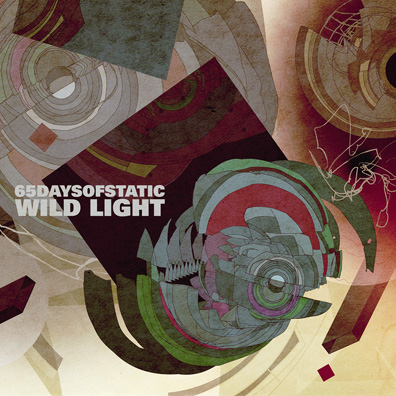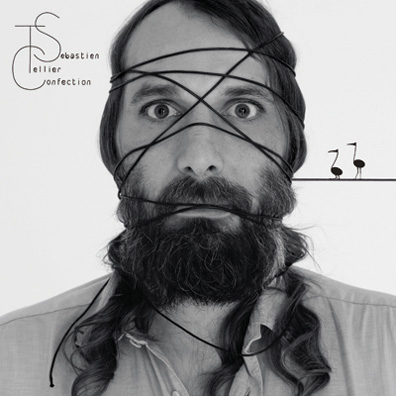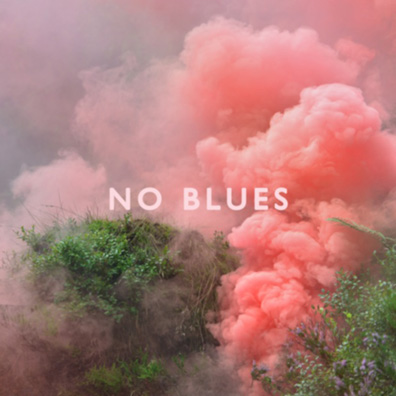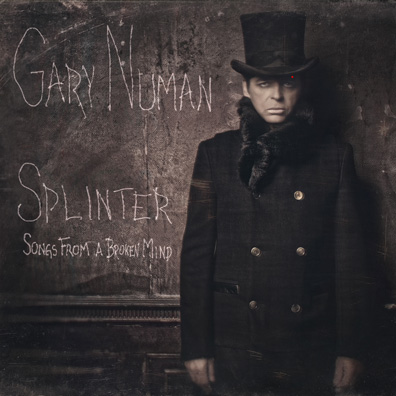 In their own incongruous way, Psychic’s two creators do an admirable job of defining the sound of Darkside’s debut LP. While Nicolas Jaar believed he was making an electronic record, Dave Harrington thought he was involved in a rock record. It turns they were both right. What they’ve produced is an impressive combination of the two.
In their own incongruous way, Psychic’s two creators do an admirable job of defining the sound of Darkside’s debut LP. While Nicolas Jaar believed he was making an electronic record, Dave Harrington thought he was involved in a rock record. It turns they were both right. What they’ve produced is an impressive combination of the two.In reality, it’s pushing it to suggest the duo didn’t know what they were doing. Jaar is renowned for his monochromatic swathes that teeter between avant-garde electro and flat out floor-filler. And Harrington – a member of Jaar’s live band since 2011 – is a jazz trained bass player with a track record for cinematic compositions.
So, while Psychic is more likely a pre-contrived melding of minds than a convergence of contradictory style, it shouldn’t lessen the appeal. From the first notes of 11 minute opener ‘Golden Arrow’ – a down tempo opus of astronautic effects and textures – it’s clear this is a collaboration that works, with Harrington building funk-soaked pillars of bass within Jaar’s celestial grooves.
Those expecting an extension of Jaar’s Space Is Only Noise may be left disappointed. Harrington’s influence ripples through the gnawing ‘The Only Shine I’ve Seen’ and the driving cosmic ceremony of ‘Freak Go Home’, helping to deepen the depth and scope of their arcane arrangements.
At just eight tracks long, it should be a brief encounter. But many of these cuts, such as the loose limbed ‘Paper Trails’, are bottomless troves, opening up and unravelling on every listen. And while its creators may disagree on categorisation, one thing’s for sure: whatever Psychic is, it’s fascinating.



















